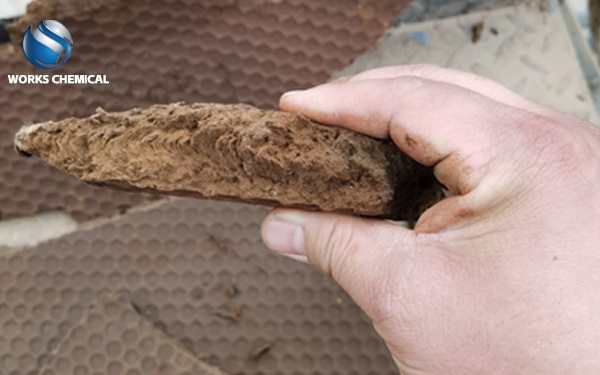
Sludge is a by-product of sewage in the biochemical, physical and chemical treatment process. Because sludge contains a lot of pollutants in sewage, it has a greater impact on the environment. Sludge has the characteristics of high moisture content, high organic matter, fine particles, small density, hydrophilicity, etc., easy to pipeline transport, but poor dewatering performance.

With the improvement of China's urbanization development level, the sewage treatment capacity has increased year by year, and the sewage treatment facilities have become increasingly perfect. According to the "2020 China Sewage Treatment Industry Development Briefing", the number of urban sewage treatment plants in China in 2020 has reached 2,679, and the daily sewage treatment capacity has reached 192 million cubic meters, a growth rate of 7% compared with 2019, and the number is still showing a rising trend. With the accompanying, the production of sludge in China's urban sewage treatment plants is also increasing year by year, if it cannot be effectively treated and disposed of, "sludge siege" will become a new environmental problem in many places.
At present, local government departments have explicitly stipulated that the sludge moisture content of sludge production units can not exceed 50% or 60%; So how to reduce the moisture content of biochemical and physicochemical sludge? The only way to solve this standard is to add sludge conditioner sludge deep dehydration, sludge drying.
After the sludge conditioning agent is used, the pressure of about 1.0MP is injected into the filter chamber of the filter press to efficiently filter out the free water in the sludge, and the sludge accumulates in the filter chamber to reach the design capacity of the filter press and enters the high-pressure press link. The final dryness of the press dehydrated sludge is closely related to the effect of chemical conditioning and modification, but also to the filling degree of the filter press chamber, the press pressure rate, the press pressure retention time, etc. The use of high pressure feeding and pressing can shorten the time of the whole press section and improve the production efficiency when the chemical conditioning achieves better results. The automatic discharge and reverse blowing of the filter medium (filter cloth) are completed at the same time, which can not only reduce the labor intensity of the control workers but also improve the efficiency of the completion of the operation, and maintain the effect of the filter cloth intercepting sludge and permeation.